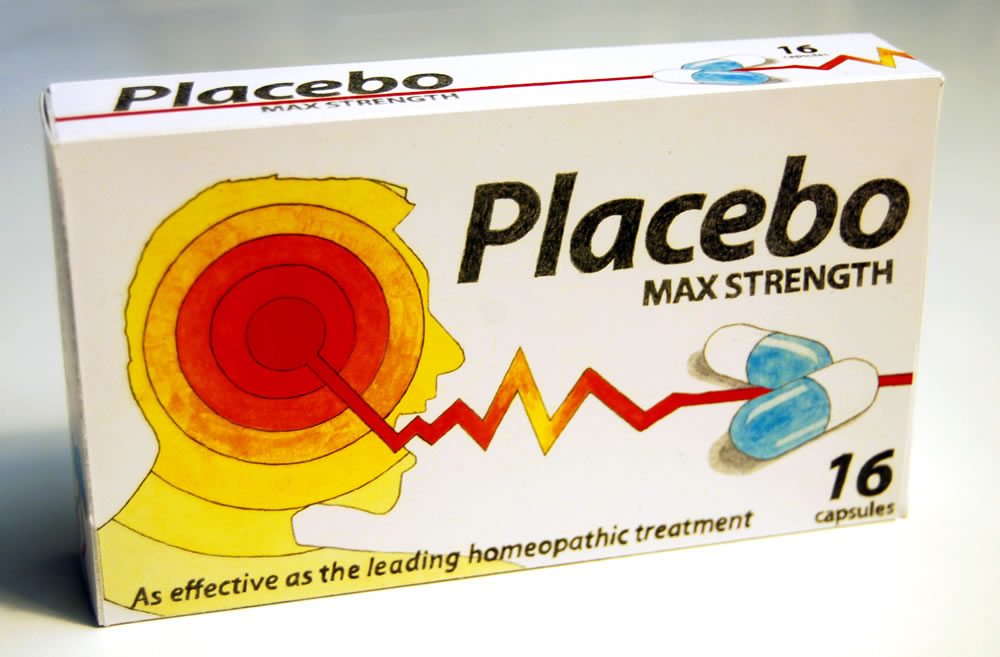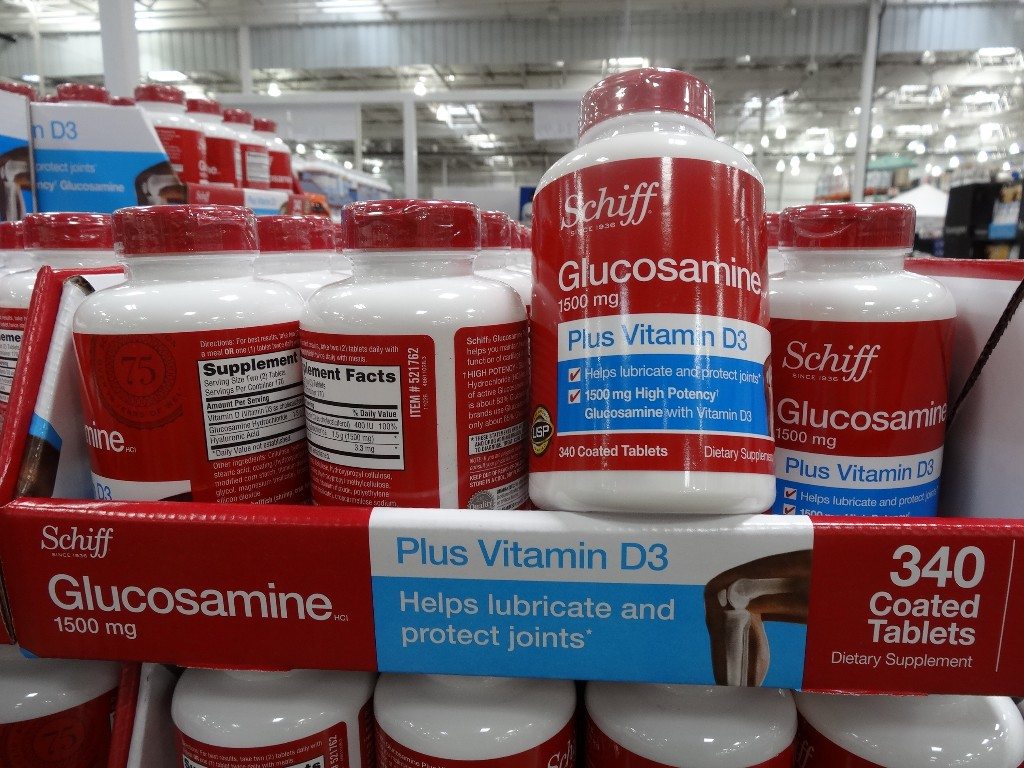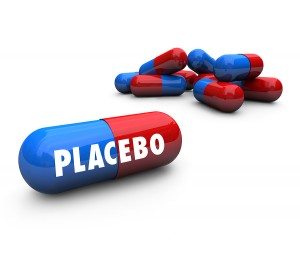Results for: opioids

Medical marijuana as the new herbalism, part 4: Cannabis for autism
Medical marijuana. It’s promoted as a seeming panacea that can cure whatever ails you. While there are potentially useful medicinal compounds in marijuana, in general the medical marijuana movement vastly oversells the promise. Nowhere is this more true than for cancer and autism, where there is no compelling evidence that cannabis cures cancer. Worse, parents are subjecting autistic children to cannabis with...
Anesthesia-Assisted Rapid Opioid Detox
Opioids are widely available as prescription drugs for pain: hydrocodone (e.g., Vicodin), oxycodone (e.g., OxyContin, Percocet), morphine (e.g., Kadian, Avinza), and codeine. Heroin, which has no medically approved use, is also an opioid. Unfortunately, opioids are also widely abused. How enticing it is to imagine a magic bullet for opioid drug addiction. Addiction causes huge social problems. Yet it is hard to...

Placebo, Are You There?
By Jean Brissonnet, translation by Harriet Hall Note: This was originally published as “Placebo, es-tu là?” in Science et pseudo-sciences 294, p. 38-48. January 2011. It came to my attention in the course of an e-mail correspondence with the editors of that magazine, where one of my own articles was published in French translation in January 2015. I thought this was the...
Acupuncture for Withdrawal Symptoms in Critically Ill Infants
The practice of medicine, particularly our pharmaceutical and surgical interventions, involves a constant struggle between risk and benefit. If the physiology or anatomy of the human body is altered, even with the best of intentions, there is always a potential downside. There are certainly instances where the risk to benefit ratio is extremely favorable or unfavorable and the right recommendation is obvious,...
Treating Pain Psychologically
One of the goals of rigorous science is to disentangle various causes so we can establish exactly where the lines of cause and effect are. In medicine this allows us to then optimize the real causes (what aspect of treatments actually work) and eliminate anything unnecessary. Eliminating the unnecessary is more than just about efficiency – every intervention in medicine has a...
A Rational Approach to Managing Acute Pain in Children
Pain is one of the most common reasons for a parent or caregiver to seek medical attention for their child. Children experience pain for a wide variety of reasons, many that are similar to if not exactly the same as causes of adult pain, but historically pediatric patients have been grossly undertreated. I am 37-years-old and, sadly, if I had undergone a...

Knee Osteoarthritis: Thumbs Down for Acupuncture and Glucosamine
One more time: acupuncture and glucosamine are useless for osteoarthritis.

Benedetti on Placebos
There has been an ongoing debate about placebos on SBM, both in the articles and in the comments. What does it mean that a treatment has been shown to be “no better than placebo?” If our goal is for patients to feel better and they feel better with placebos, why not prescribe them? Do placebos actually do anything useful? What can science...
Chronic Pain: A Disease in its Own Right
Melanie Thernstrom has written a superb book based on a historical, philosophical, and scientific review of pain: The Pain Chronicles: Cures, Myths, Mysteries, Prayers, Diaries, Brain Scans, Healing, and the Science of Suffering. Herself a victim of chronic pain, she brings a personal perspective to the subject and also includes informative vignettes of doctors and patients she encountered at the many pain...
NEJM and Acupuncture: Even the best can publish nonsense.
I realize that the New England Journal of Medicine (NEJM) review of acupuncture has already been covered by Drs. Gorski and Novella. But my ego knows no bounds; so I thought I would add my two cents, especially since this review, more than any paper I have read, generates a deep sense on betrayal. There was a time when I believed my...

